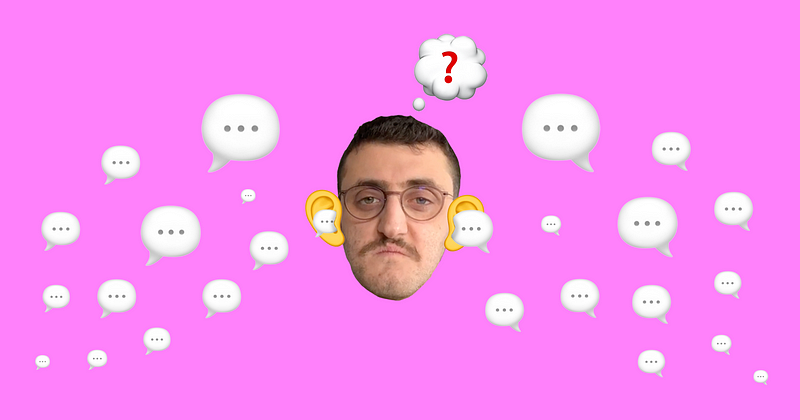After finishing a book, movie, or game, what do you do? Personally I find myself rushing to the internet and looking up reviews and analyses. It’s a fantastic, and often free, way to get so much more out of the content you just experienced. However, I have started to notice a downside to this.
There have been several occasions where I will have finished the content feeling satisfied and then have those feelings dashed by a cynical analysis. The reverse is also true. A movie that is heavy and unenjoyable to me will suddenly feed into my inferiority complex when an expert analysis deems it a masterpiece.
I don’t yet know if this is something I believe to be good or bad. Certainly exposing oneself to different opinions and then changing them is an important part of growth and learning. Without ever being proven wrong, we are unlikely to learn anything of value. Yet, I am not sure if learning about the weaknesses of a benign movie is actually the right sort of value. Not being able to develop one’s own taste could feel like losing one’s individuality in a way.
The irony wasn’t lost on me when I ended up on the internet looking up “forming opinions online.” Surprisingly, I couldn’t find anything directly related to my phenomenon of instinctively looking things up. Perhaps I didn’t have the right keywords (more on this in another post) or, as with many virtual things, it’s simply too nascent to have too much academic work done on it.
But one study titled ‘Social Influence and the Collective Dynamics of Opinion Formation’ listed two effects that I feel might apply to this context as well:
In particular, we identify two major attractors of opinion: (i) the expert effect, induced by the presence of a highly confident individual in the group, and (ii) the majority effect, caused by the presence of a critical mass of laypeople sharing similar opinions.
Reflecting on this with my own experience, I can safely say that the internet exposes us to both these effects constantly. When I go on YouTube, there are tons of more qualified people than me in many subjects explaining its pros and cons in ways I cannot question or refute immediately and intelligently. This seems like a case of the expert effect is at play, particularly considering the performative, and therefore overly confident, nature of influencers online. Trying to then search online will trigger the majority effect since algorithms like Google will surface links that the majority of people click on, while social media will prioritize what is Liked.
Another paper, titled ‘Opinion formation on social media: An empirical approach,’ examines more than one million posts on Twitter. The findings surface an even more troubling fact about the majority effect:
We found that the public opinion often evolves into an ordered state in which one opinion dominates absolutely in the population. Moreover, we found that agents would rather express their opinions than change them.
We’ve actually seen this being manipulated to perpetuate relatively benign information. Has anyone ever told you that humans eat an average of 8 spiders a year in their sleep? Well, I’m happy to inform you that this is fake. Not only is this fake, it was intentionally planted by Lisa Holst, a columnist at PC Professional, to prove the fact that people will believe anything online. Now think back to everything you have ever read online that seemed slightly questionable but you accepted because the sheer volume of articles online made it feel like you’d be stupid otherwise.
You might argue that people could proactively search for the opposite opinion of what they are seeing. Yes! This is a great idea, and people should do it as much as possible. In fact, I do this all the time — but even then all that surfaces are the expert and/or majority versions of the opposing view.
With all this searching, my original question still stands. Why do I instinctively feel the need to look up an opinion before fully forming my own?
Perhaps not finding an answer is the most appropriate outcome of this journey. After all, I am frustrated that this is my go to behaviour, so not finding an answer is an opportunity to form my opinion.
I’ll let you know how that goes after I look up the best ways to form an opinion independently.
